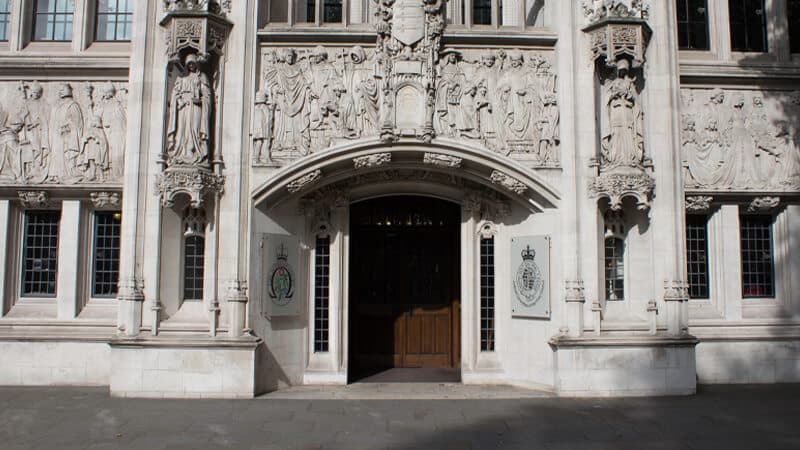The Supreme Court has today dismissed an attempt to overturn Northern Ireland’s pro-life protections.
Judges ruled against an appeal brought by the Northern Ireland Human Rights Commission (NIHRC), saying that it had no standing to bring its legal challenge to the current law.
While some judges took the view that the legal protections for the unborn in cases of rape, incest and severely life-limiting conditions are incompatible with Article 8 of the European Convention on Human Rights, they also acknowledged the court had no basis for making that ruling.
‘Thankful’
Northern Ireland’s Attorney General John Larkin QC had argued against the NIHRC case, saying that the Province’s law on abortion was a matter for the “democratic judgment” of the legislature.
Currently, the Abortion Act 1967 does not apply in Northern Ireland, where abortion is legal only to preserve the life of the mother.
Responding to the decision, Dawn McAvoy of Both Lives Matter, said: “It is not a moment to celebrate, but rather to pause and be thankful for the lives this judgment will save.
100,000 lives
“The Supreme Court has dismissed the case brought by the Human Rights Commission. In doing so, it has made clear that there is no human right to abortion.
“All seven judges have also made clear that they would not have allowed abortion on the grounds of a serious malformation of the unborn child.”
Research by Both Lives Matter has shown that an estimated 100,000 people are alive today because of Northern Ireland’s stance.
The figure is around five per cent of the total population of the Province.
Protect the unborn
As recently as 2016 MLAs in Stormont backed the existing protections, a decision welcomed by The Christian Institute as challenging “those who wish to sell abortion as a positive choice whilst devaluing the lives of the most vulnerable in our society”.
However, pressure has been mounting on NI to liberalise its laws. During an emergency debate in the House of Commons on Tuesday, Stella Creasy put forward a motion which advocated repealing two sections of the Offences Against the Person Act.
Claiming abortion was an issue of ‘equality’, Creasy said it should be treated merely as a medical procedure.
But Fiona Bruce, Maria Caulfield and Emma Little-Pengelly all challenged supporters of abortion, speaking out powerfully to protect the unborn.
‘Devolved matter’
Responding for the Government, Northern Ireland Secretary Karen Bradley said Westminster should not seek to impose abortion.
“Abortion has been a devolved matter in Northern Ireland since it was created in 1921, and it would not be appropriate for Westminster to seek to impose its will, or to be the arbiter of an issue that has long been devolved to the people of Northern Ireland.”
The debate concluded without a vote, although if MPs had taken that step the result would not have bound the Government to act.

